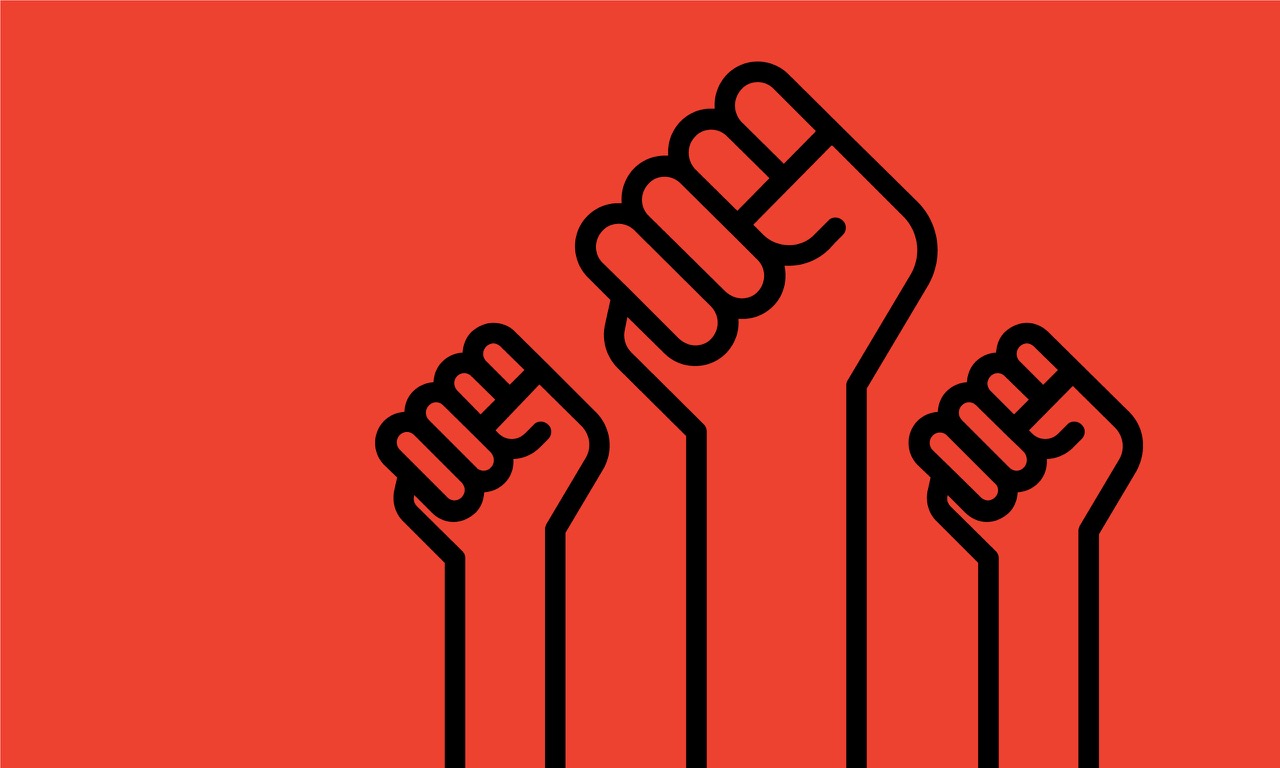Guy Fawkes Night might be cancelled this year, but as we are focused on a global pandemic, our Government is setting little fires ablaze all over Westminster in a calculated attack on our constitutional right to hold public bodies to account. In the firing line are older and disabled people made vulnerable by abuse of power and derogation of duty. Things are set to get much worse for people with social care needs.
It is widely accepted that local authorities can’t meet the growing demand for social care. This affects all of us – we will all need care at some point. When a local authority unlawfully delays or denies us social care, we currently have the right to hold them to account. This is the rule of law. It protects us from the abuse of power and helps ensure good governance.
A 91% drop in legal aid cases since 2010 shows that it has become harder to challenge local authorities on unlawful social care decisions. Most of us cannot afford lawyers and rely on legal aid. Eight out of 10 councils are at risk of bankruptcy and there is no financial incentive to right wrongs. The rule of law is broken.
To challenge the abuse of power, we use a mechanism called judicial review, a type of court proceeding in which a judge reviews the lawfulness of a decision made by a public body, ensuring we get the social care we are entitled to. Without it we would have less ability to curtail abuse of power.
Take the case of Shairaz Khan. A man with a moderate learning disability was made extremely vulnerable by the lack of social care. He was assessed as needing three hours per day of support, but got less than an hour per week. He was bullied, tricked, assaulted repeatedly and at one point, preyed on by drug dealers. Despite multiple safeguarding concerns being raised by the family, the local authority did nothing until Access Social Care got involved. Shairaz now lives in supported living, but it was not until we threatened judicial review, that the local authority took steps to meet its legal duty to provide Shairaz with the support he needs.
Now, new proposals by the Government to restrict judicial review means judges may be stopped from reviewing certain types of decisions. It has wide ranging implications that will affect all of our lives.
There has always been a natural tension between the government and the judiciary who curtail their power. But in recent more turbulent times, the sowing of mistrust in the legal profession and the attacks on lawyers have become more incendiary. With a majority of 86, our government is removing our ability to challenge the abuse of its power at a dizzying speed. This should frighten us.
The Coronavirus Act has suspended the checks and balances that give us fair governance. Covid-19 restrictions are issued by diktat often coming into force immediately before Parliament can scrutinise them. Scrutiny through Parliament and the courts matters. It protects minorities and the marginalised whilst finding the best solution for the largest number of people. Without it mistakes are made. We saw this as the NHS rationed care during the height of the Covid-19 crisis, and some disabled people were told they would be denied care should they fall ill with the virus, the government ignored the UK’s obligations under the Convention on the Rights of Disabled People and the Equality Act.
Now the government has its eyes on the Human Rights Act. For social care the act makes sure we are not locked up and abused in institutions, that we can see our families and take part in our communities. Two Bills are currently going through parliament which will limit rights under the Act: the Internal Market Bill and the Overseas Operations Bill. Taken in the wider context of the erosion of access to justice we can see that the flood gates are opening.
This is not about the traditional arguments of the left or the right, this is about the pillars of our democracy and protection from institutions when they don’t act lawfully. Authoritarian states remove checks and balances, gradually eroding the right of the citizen to challenge when things go wrong. This will start with people with social care needs losing their ability to challenge the abuse of power. But where will it end? Boris Johnson is not a dictator, but by removing any meaningful ability to challenge when our leaders do wrong, he risks too much. It is a short hop from populism to authoritarianism and we must speak out now to protect the rule of law and our legal rights to challenge government.







